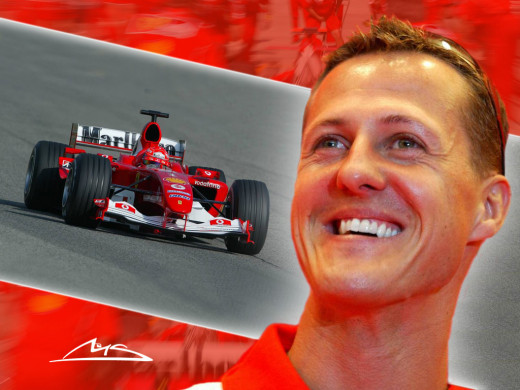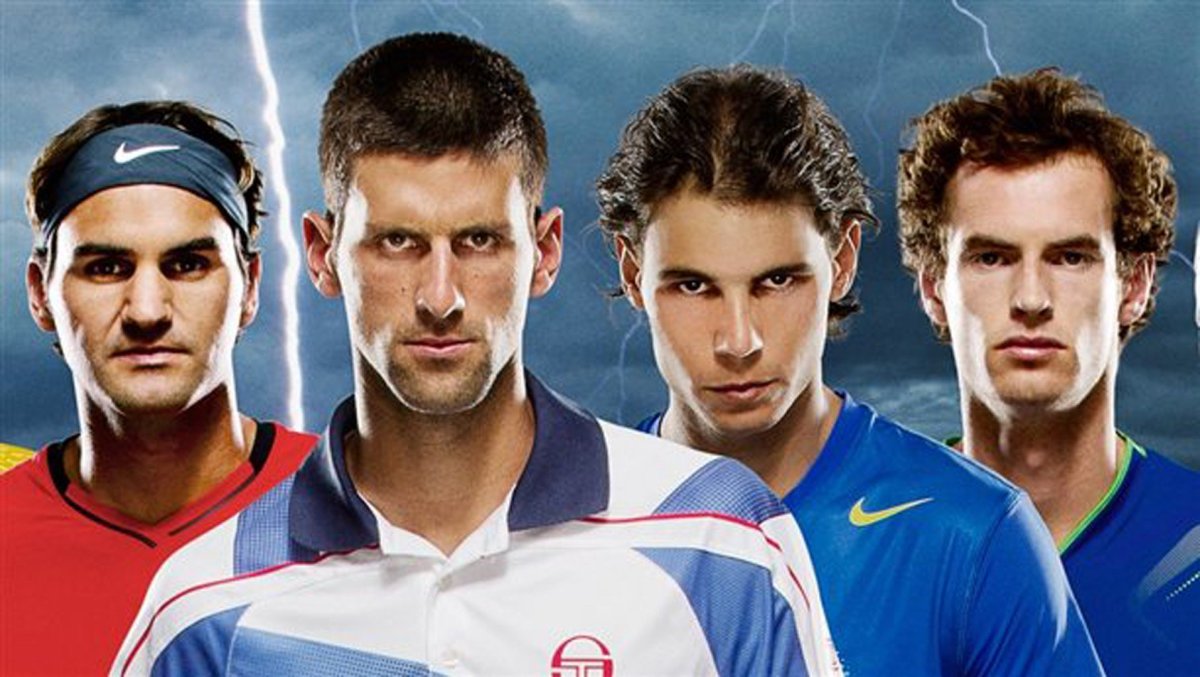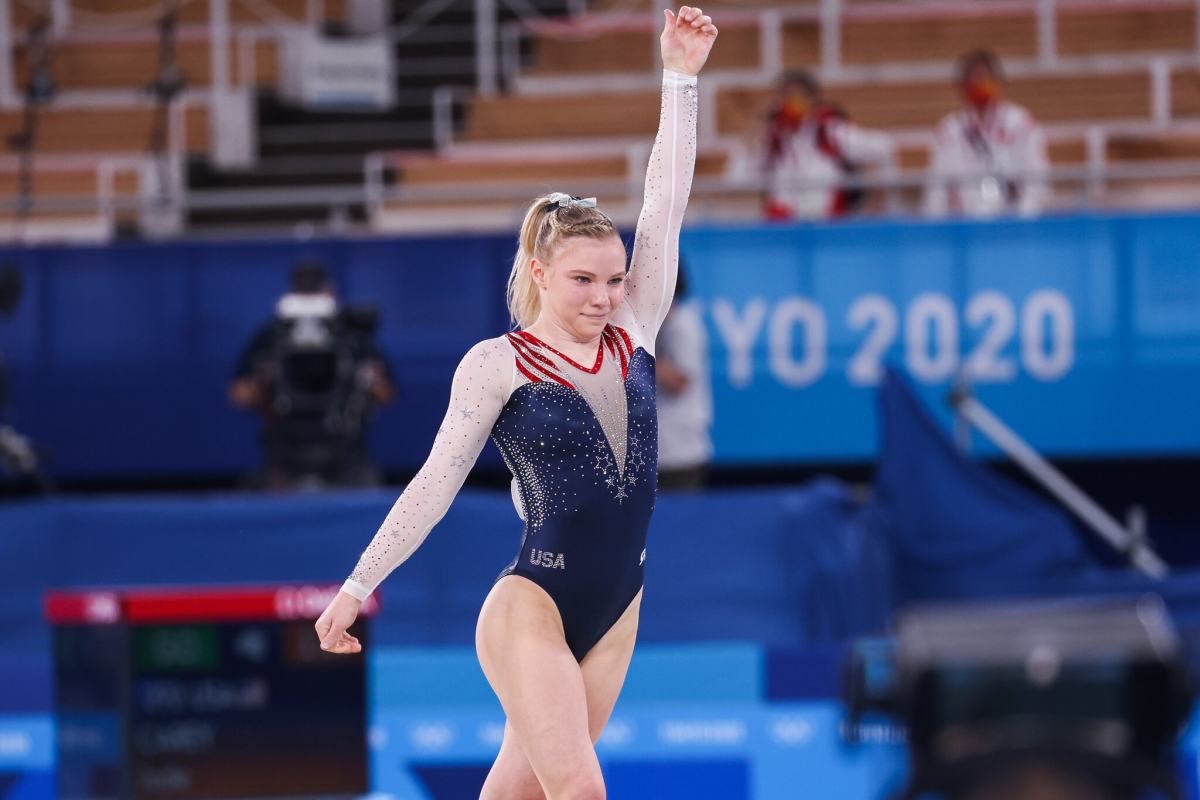The 2000s (The Decade That Defined Gen Y): Part 6 - Sports
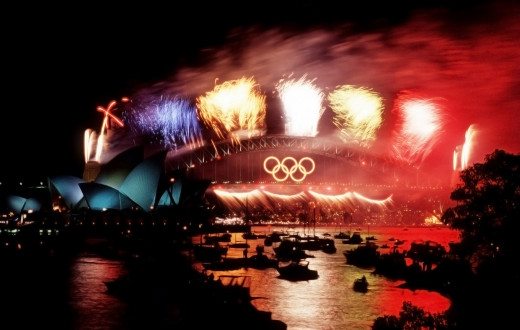
The Millenium Olympics i.e. The Sydney Olympics (2000)
The new millennium certainly began on a very positive note in the sporting arena despite a setback in the business world due to the dot-com crash and the near upheaval caused due to the Y2K bug - the first positive note being the summer Olympics held during September 2000 in Sydney, Australia.
The first summer Olympics to be held in the southern hemisphere since 1956 (which were also held in Australia in Melbourne) were hailed universally in a positive light, thanks to dazzling opening ceremony which showcased the history of both colonial and aboriginal Australia and also the way the athletes were looked after and also the way the general public behaved throughout the event.
The Sydney Olympics essentially set the benchmark for all future summer Olympic games held in future, including the 2012 London Olympics, where the organization committee actually consulted the Australian Olympic authorities to assist with planning and development of facilities.
The Sydney Olympics were also noted for the phenomenal success of Ian 'Thorpedo' Thorpe in swimming and Cathy Freeman in athletics, the latter who controversially waved both the official Australian flag and the Aboriginal Flag to commemorate Victory lap.
The decade then saw the summer Olympics move to their birth-country in 2004 when Athens hosted the event - albeit being no match for the style of Sydney and as such, the Australian city's display being lauded as the most successful Olympic games ever.
The Sydney Olympics: Complete Film by the IOC
The Beijing Olympics (August, 2008)
After Athens in 2004 came perhaps one of the most watched and equally controversial Olympic games ever, the summer Olympics of 2008 were held in Beijing, China during the month of August - Beijing was only the 3rd Asian city to host the summer Olympics after Tokyo in 1964 and Seoul in 1988 and was noted as being one of the most widely televised and watched Olympics ever.
It also gave rise to the stardom of athletes like Michael Phelps in swimming and the world's fastest man, Jamaican runner Usain Bolt, who ran a 100 meter sprint in only 9.69 seconds!
While the Beijing games were considered a success both logistically and financially, it was no stranger to controversy. Some human rights organizations protested against the choice of Beijing as a host city due to China's human rights records and also their position on the independence or autonomy on Tibet. During the period of the Olympics, China was also facing scandals relating to food and drink safety, including the tainted infant milk scam and catastrophic levels of air pollution which led to some athletes protesting while attending the games.
Nevertheless, the overall success of the Beijing games once again cemented China's position as a dominant economic and logistical power in the region and the games influence on future multi-sport events has been taken on board.
The 2008 Beijing Olympics: Highlights
The Dominance of Rafael Nadal and Roger Federer in Tennis
If the 1980's had John McEnroe and Martina Navratilova, the 90's had Sampras, Agassi and Steffi Graff, the 2000's without a doubt had the trio of Roger Federer, Rafael Nadal and Maria Sharapova in the world of international tennis.
Swiss born Roger Federer (born in 1981) essentially dominated the world of men's international tennis (and still has a strong footing during the current decade) when he held an all time record of holding the ATP's world number 1 title between 2004 and 2008 and appeared in more Grand Slam finals than any other player.
Spanish born Rafael Nadal, also known as the 'King of Clay' had a world-famous rivalry against Federer, as practically all grand slam finals between 2003 and 2009 had at least one of them in it if weren't both of them facing off against each other
With Nadal being the only player apart from Andre Agassi who won the career 'Golden' Grand Slam and being more threatening on all 4 kinds of court (thanks to his immense speed and drop-shots) as against Roger Federer who was at his best on a grass-court, the 2000's certainly witnessed the best and greatest tennis rivalries of all times, which can only be matched by what we witnessed back in the 80's between the likes of John McEnroe and Bjorn Borg.
Roger Federer versus Rafael Nadal: The Greatest Rivalry in Sport - Part 1
Roger Federer versus Rafael Nadal: The Greatest Rivalry in Sport - Part 2
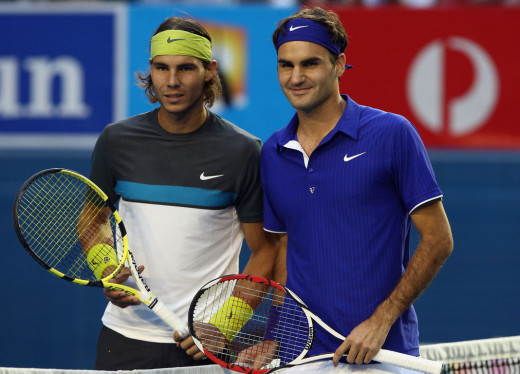
The Dominance of Tiger Woods in Golf
If tennis had Roger Federer and Rafael Nadal during the 2000's, the elite sport of Golf had Tiger Woods throughout the 2000's as the ultimate force to be reckoned with!
Winning his first PGA tour in 1997, Tiger Woods welcomed the 2000's in style when during the year 2000 itself, he won a record 6 PGA championships - a feat practically unheard of within the professional golfing fraternity and quickly accelerated to being one of the most successful golfers during for the next 10 years.
Being consistently ranked number 1 in the PGA and being one of the highest paid sports persons of all time, surpassing even many tennis superstars, Tiger Woods was also named the sports person of the decade by the end of the 2000's, before his career came to a crashing halt in 2009 due to claims he had cheated on his wife on numerous occasions.
Nevertheless, Tiger's legacy in golfing is likely to remain unmatched (with comparisons being drawn with the late Spanish golfer Seve Ballasteros) and with his recent win in March 2013 within the American PGA form, it is likely that Woods will continue his winning form even during this decade.
A Documentary about Tiger Woods

Formula 1 and the Dominance of Michael Schumacher
The 2000's saw a stratospheric growth within the Formula 1 circuit, as the sport was introduced to more and more newer countries and audiences - The biggest development within Formula 1 apart from the Drag Reduction System and KERS was the introduction of the first night and twilight races within the calender i.e. the night race at Singapore, which was also the only other street-based circuit apart from Monte-Carlo and the placement of Bahrain and Abu Dhabi as permanent fixtures on the calender as the only two Middle Eastern circuits, with Abu Dhabi's Yas Marina track being the last on the calender (as against Brazil) and being held at twilight.
As was the case of Chinese expansion, Shanghai also made its way on the Formula 1 calender when the Shanghai International Grand Prix Circuit was opened for business, tapping the ever increasing Asian demand for motorsports.
However, the 2000's were dominated by probably one of the most powerful racing cars F1 had seen, when companies like Renault and BMW-Sauber were planting mammoth 5 liter V10 engines in their cars which helped drivers like Fernando Alonso and Juan-Pablo Montoya break lap records after lap records. However, no manufacturer quite matched the proficiency of Ferrari and McLaren Mercedes and Michael Schumacher carried forward his winning streak from the late 90's well into the 2000's, during which he practically became a household name within F1 to the point it was unusual if he did not complete a podium finish.
Michael Schumacher eventually would become the highest winning F1 driver of all times, taking out more world championships than anyone else until announcing his temporary retirement from the sport by the end of the decade.
As the 2008 financial crisis hit, the future of Formula 1 also looked bleak for the first time in its history, when several teams either folded or were forced to make much less powerful cars which made some teams and drivers to boycott the FIA (and Bernie Ecclestone) and setup their own racing league. Nevertheless, F1 survived albeit the cars are a lot more eco-friendly and fuel-efficient and with more and more circuits joining the fray, the ultimate in car-racing is here to stay.
A Tribute to Michael Schumacher
